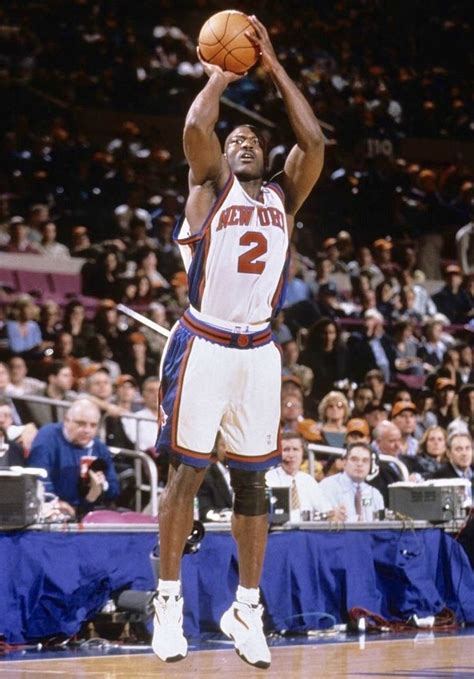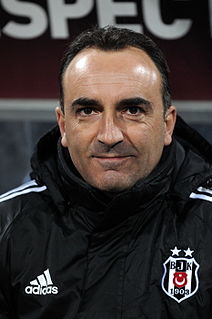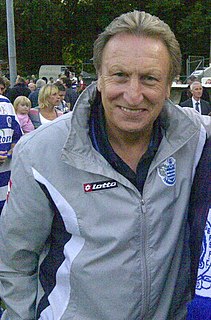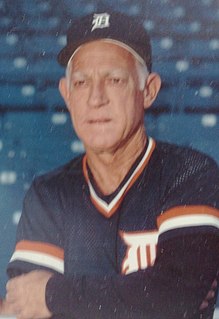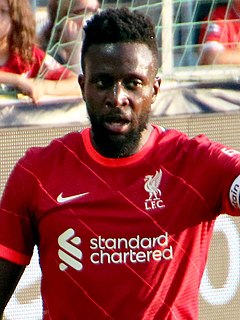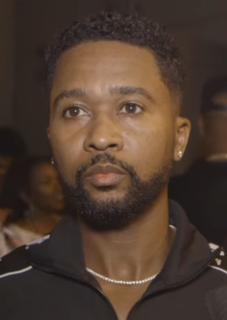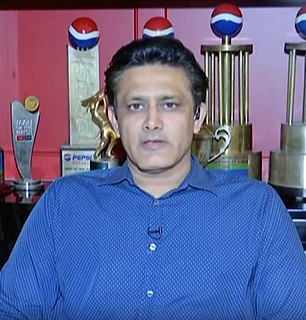A Quote by Madonna Ciccone
One thing I've learned is that I'm not the owner of my talent; I'm the manager of it.
Related Quotes
Baseball is a simple game. If you have good players, and you keep them in the right frame of mind, the manager is a success. The players make the manager. It's never the other way. Managing is not running, hitting, or stealing. Managing is getting your players to put out one hundred percent year after year. A player does not have to like a manager and he does not have to respect a manager. All he has to do is obey the rules. Talent is one thing. Being able to go from spring to October is another. You just got caught in a position where you have no position.
If God was the owner, I was the manager. I needed to adopt a steward's mentality toward the assets He had entrusted - not given - to me. A steward manages assets for the owner's benefit. The steward carries no sense of entitlement to the assets he manages. It's his job to find out what the owner wants done with his assets, then carry out his will.
As with all catalysts, the manager's function is to speed up the reaction between two substances, thus creating the desired end product. Specifically, the manager creates performance in each employee by speeding up the reaction between the employee's talent and the company's goals, and between the employee's talent and the customer's needs.

